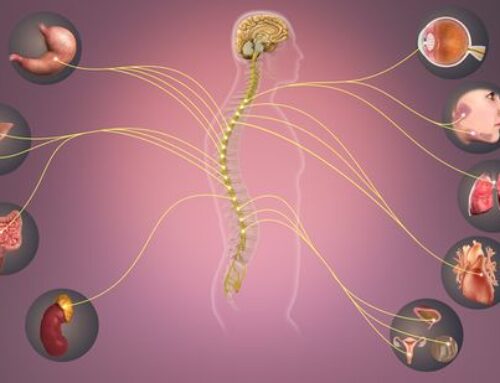Anger rarely shows up out of nowhere. Most of the time, it’s not the surface situation that causes the emotional explosion — it’s what’s underneath: an unmet need, an unspoken expectation, or a hidden emotional wound.
Understanding where anger comes from is one of the most important steps in learning how to manage it. Because when we only deal with the outburst, we miss the real message it’s trying to send.
Unmet Needs and Hidden Expectations
Many anger responses come from a place of feeling:
- Disrespected
- Unheard
- Unimportant
- Unacknowledged
- Unsafe
We often carry unspoken expectations about how others should treat us — to be kind, to listen, to show up a certain way. When these expectations aren’t met (especially if they weren’t communicated clearly), we feel a surge of injustice, frustration, or hurt.
Over time, if these needs keep getting overlooked, anger builds up and may be expressed through snapping, sarcasm, avoidance, or explosive reactions.
The Role of Triggers
A trigger is an emotional shortcut — something that quickly activates a strong internal response because of past experiences. For example:
- Being ignored might trigger the same feeling you had growing up when your voice wasn’t heard.
- Being criticized might activate an old fear of not being good enough.
Triggers are personal and often tied to past pain. The more we become aware of them, the more choice we have in how we respond.
Moving from Reaction to Reflection
Anger isn’t the enemy. It’s a signal — often saying, “Something here matters deeply to me.” When we slow down, get curious, and ask, “What’s really going on for me?” we can begin to meet the actual need instead of just managing the symptom.
Helpful Questions to Ask Yourself
- What expectation did I have in this moment?
- Was that expectation communicated clearly?
- What need of mine is not being met right now?
- Am I responding to the current situation — or a past wound?
Final Thought
Anger can be a powerful teacher. When we learn to listen with curiosity instead of shame, it can lead us to unmet needs, unconscious patterns, and opportunities for healing.
If you’re interested in going deeper, we’re currently offering a group therapy anger management workshop — feel free to reach out for more details!





